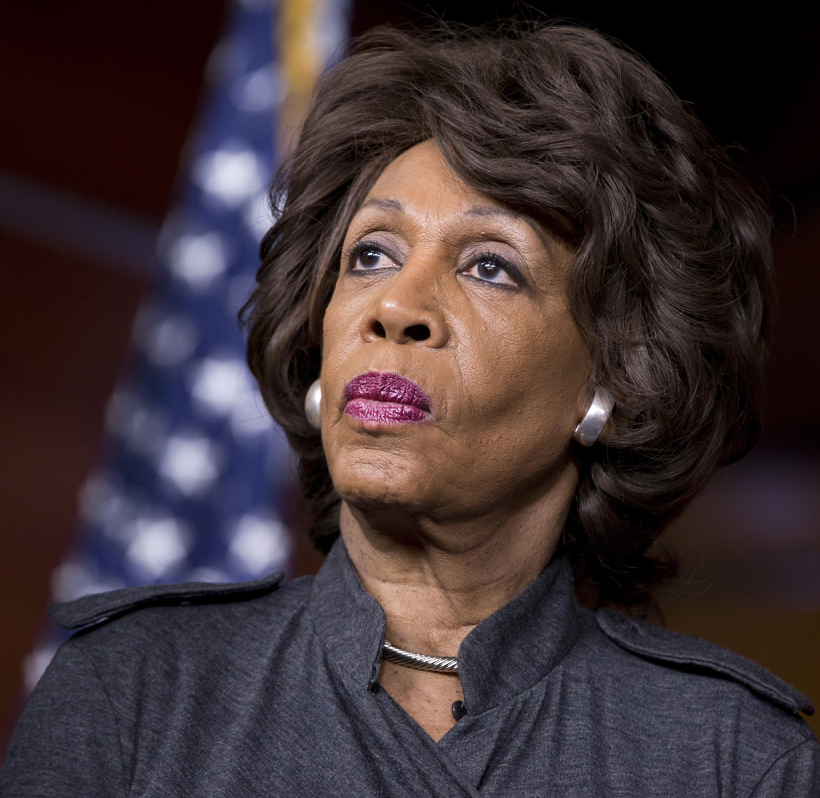 Terrorism shadows every aspect of modern life, yet most of us don’t really understand its origins, manifestations, or even exact definition. There is a common assumption that the greatest threat emanates from Islam, yet according to one report, in the United States between 2008 and 2016, there were almost twice as many terrorist incidents by right-wing extremists as by Islamist extremists. How is our understanding of horrific events like last night’s Las Vegas mass killing informed by a regime that offers “prayers” and “thoughts” but never acknowledges how this violence is enabled or what it may be rightly called? And how, if ever, can terrorism truly be curtailed? There may always be more questions than answers when it comes to this topic, but these books offer a good start toward demystification.
Terrorism shadows every aspect of modern life, yet most of us don’t really understand its origins, manifestations, or even exact definition. There is a common assumption that the greatest threat emanates from Islam, yet according to one report, in the United States between 2008 and 2016, there were almost twice as many terrorist incidents by right-wing extremists as by Islamist extremists. How is our understanding of horrific events like last night’s Las Vegas mass killing informed by a regime that offers “prayers” and “thoughts” but never acknowledges how this violence is enabled or what it may be rightly called? And how, if ever, can terrorism truly be curtailed? There may always be more questions than answers when it comes to this topic, but these books offer a good start toward demystification.
The Terror Years: From al-Qaeda to the Islamic State—Lawrence Wright
Comprised of eleven articles originally published in The New Yorker, Pulitzer-winning author Lawrence Wright’s The Terror Years is a collection of interviews and essays written over ten years from the front lines and back rooms of the United States’ wars in Afghanistan and Iraq. From conversations with Osama bin Laden’s relatives to former FBI agent John O’Neill, Wright examines how terrorism has radically changed international attitudes toward security.
Bin Laden, Islam, & America’s New War on Terrorism–As`ad AbuKhalil
Consider this slim volume an invaluable primer on the United States’ shifting definition of terrorism. From President Reagan’s embrace of the Afghan mujahideen to the U.S. missile strikes against Bin Laden’s camps in that country’s mountains, As’ad AbuKhalil distills the thin line between “terrorist” and “freedom fighter,” and questions whether political violence can ever truly end.
Lone Wolf Terrorism: Understanding the Growing Threat—Jeffrey D. Simon
Another form of terrorism that isn’t always recognized is “lone wolf terrorism,” or isolated mass murders. Such violence may seem like less of an overarching problem, but because the perpetrators – from the two Boston Marathon bombers to Timothy McVeigh – work without a larger support network (though they are often ideologically compelled), Continue Reading →


